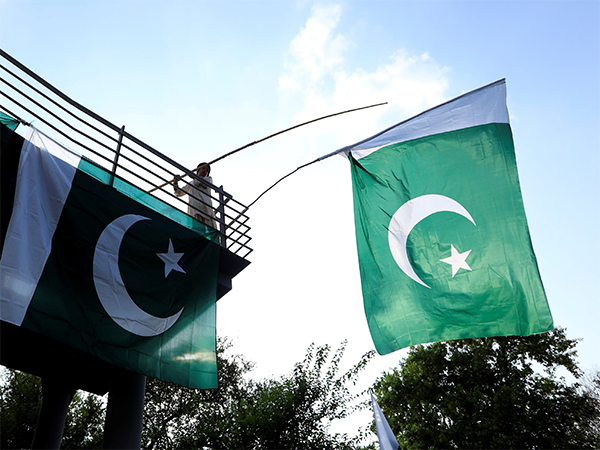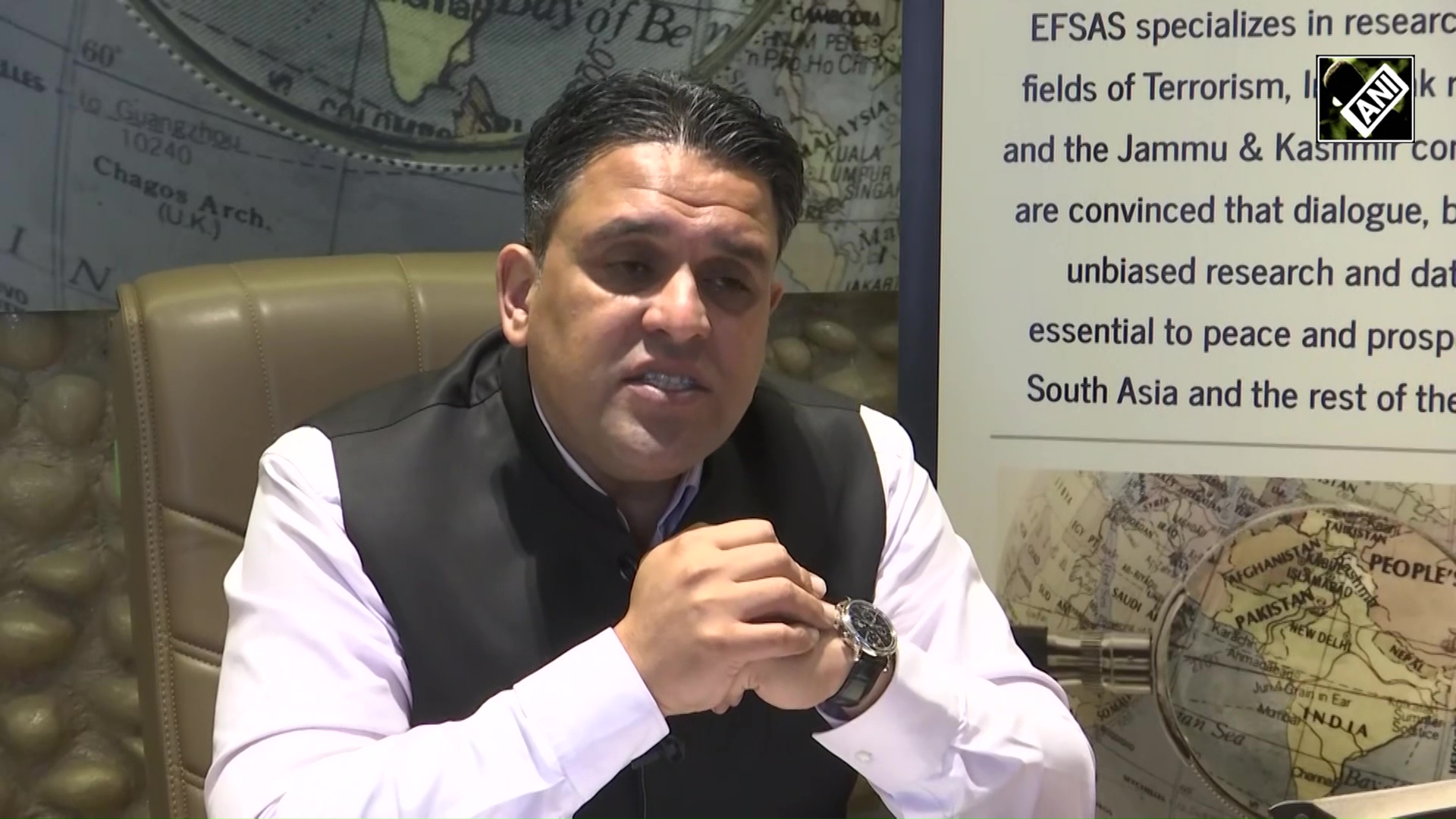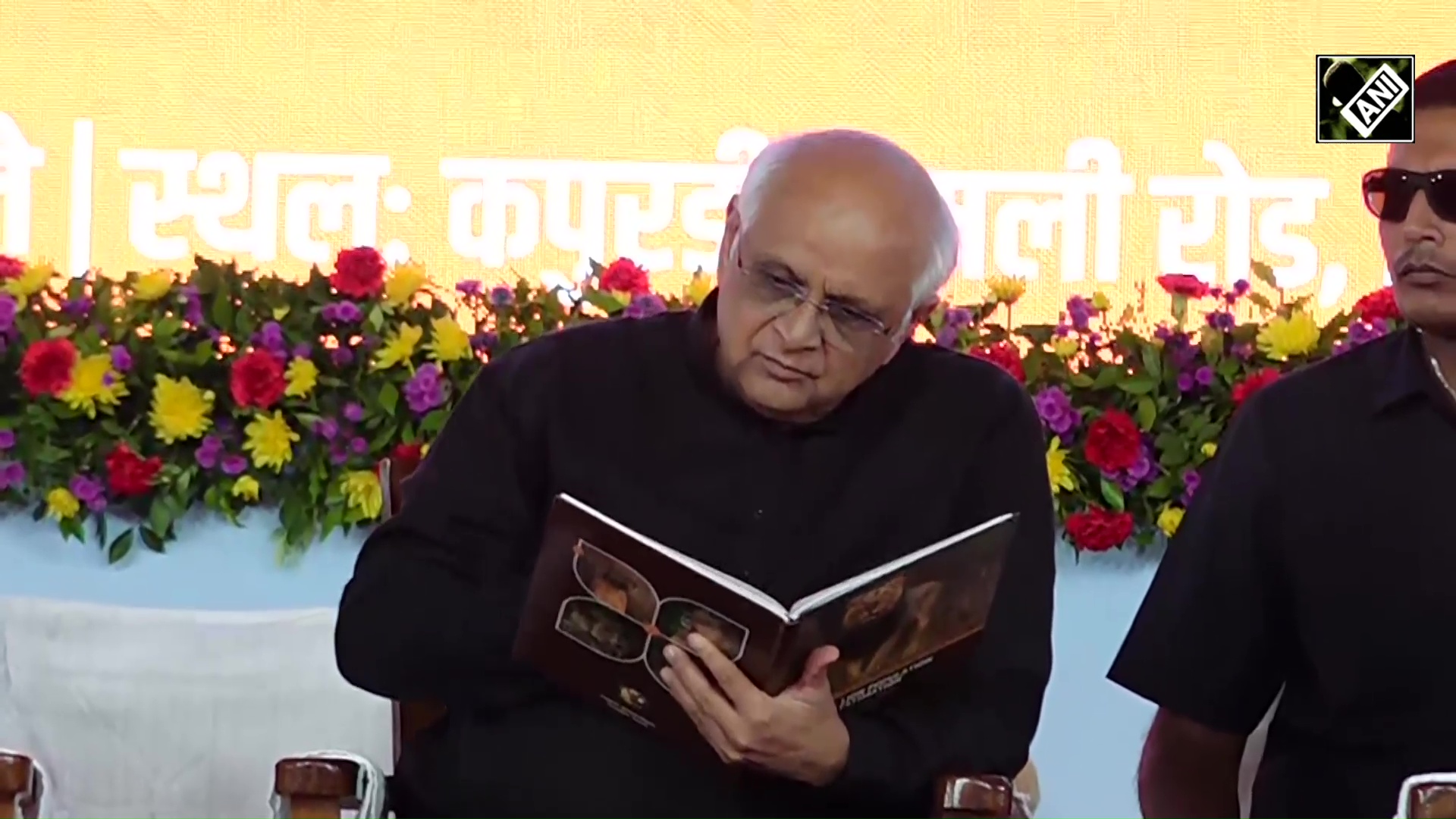Day after sending 'poop' filled balloons to S Korea, North Korea fires missiles into Sea of Japan
May 30, 2024

Seoul [South Korea]/ Washington DC [US], May 30 North Korea has fired a clutch of short-range ballistic missiles towards the Sea of Japan on Thursday, South Korean news agency Yonhap reported, citing the country's military.
This follows a day after Pyongyang sent hundreds of large thrash and manure filled balloons into South Korea and days after a military spy satellite rocket launch by Pyongyang did not succeed.
The South Korean military also said today that it has detected attempts by North Korea to jam GPS signals for a second straight day.
Meanwhile, the United States has called on North Korea to stop "further unlawful and destabilizing acts," after the latest launch of ballistic missiles into the Sea of Japan.
According to South Korea's Joint Chiefs of Staff (JCS), about 10 projectiles were launched around 6:14 a.m. from the Sunan area of Pyongyang and were estimated to have flown about 350 kilometers before falling into the sea, Yonhap reported.
The JCS told reporters that South Korean military has "strengthened monitoring and vigilance" against additional launches and shared information with US and Japanese authorities.
The US Indo-Pacific Command said it was consulting closely with South Korea, Japan and other regional allies and partners.
"We are aware of the DPRK's ballistic missile launch," it said adding that the United States condemns these actions and will continue to monitor the situation.
"The US commitments to the defence of the Republic of Korea and Japan remain ironclad," it said in a statement.
Japan's Prime Minister Fumio Kishida told reporters in Tokyo that North Korea had launched a ballistic missile that was believed to have fallen outside Japan's exclusive economic zone and a protest had been lodged with Pyongyang.
A South Korean official was cited by Yonhap as saying that the UN Security Council (UNSC) will convene an open meeting on Friday to discuss North Korea's recent launch of a military reconnaissance satellite that exploded after liftoff, resulting in failure.
UNSC resolutions prohibiting Pyongyang from conducting launches that use ballistic missile technology.
On Tuesday, UN Secretary-General Antonio Guterres condemned Pyongyang's launch and urged it to return to dialogue.
The US and South Korea have also criticised North Korea for the launch.
The Joint Chiefs of Staff (JCS) of South Korea stated that as of Wednesday morning, the military had detected some 260 balloons sent from the North since Tuesday night, which fell in various locations across the country, including border areas, Seoul and even the southeastern province of South Gyeongsang.
Meanwhile, according to the Korean Central News Agency, the deputy commander of the North Korea's national aerospace agency stated that the rocket carrying the satellite, the Malligyong-1, detonated during the first stage of flight on Monday night after being launched from the country's west coast.
Kim Jong Un's regime has, planned to launch three satellites into orbit this year. In November, it successfully put its first military spy satellite into orbit.
Also earlier this month on May 17, Pyongyang test-fired tactical ballistic missiles equipped with a new "autonomous" navigation system, considered to be short-range ballistic missiles.




















